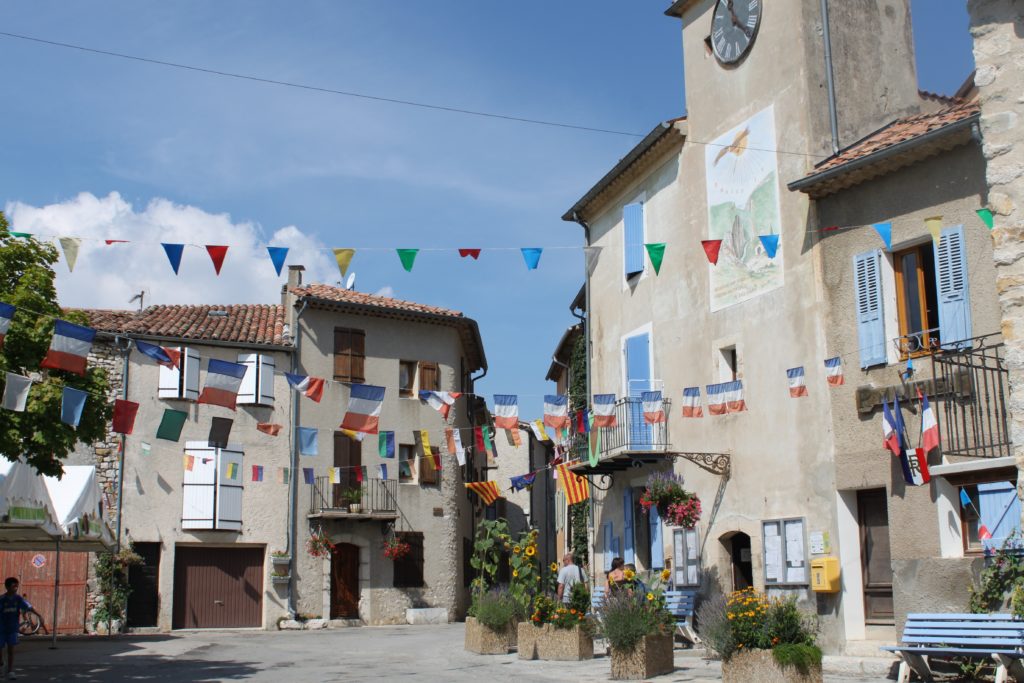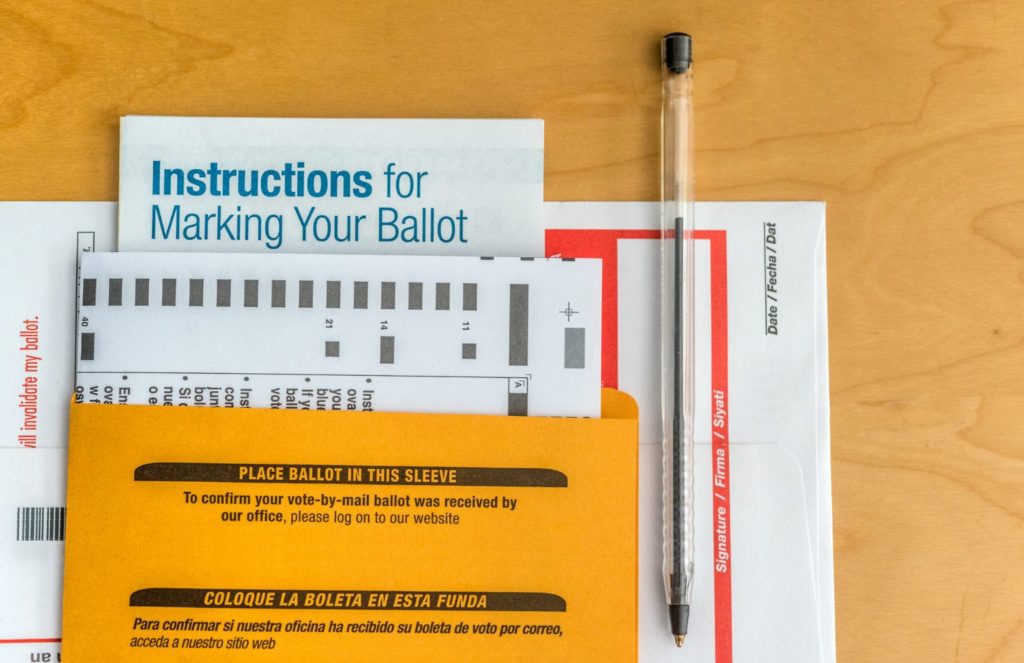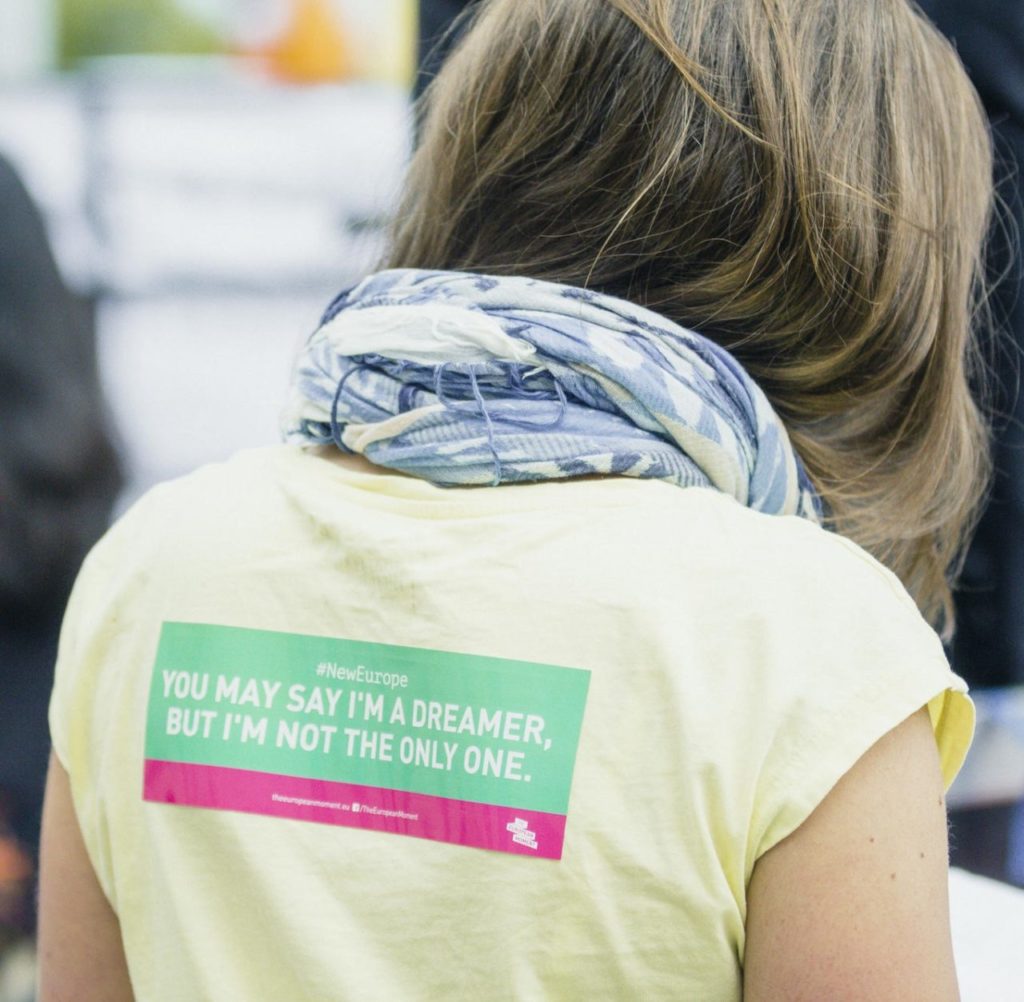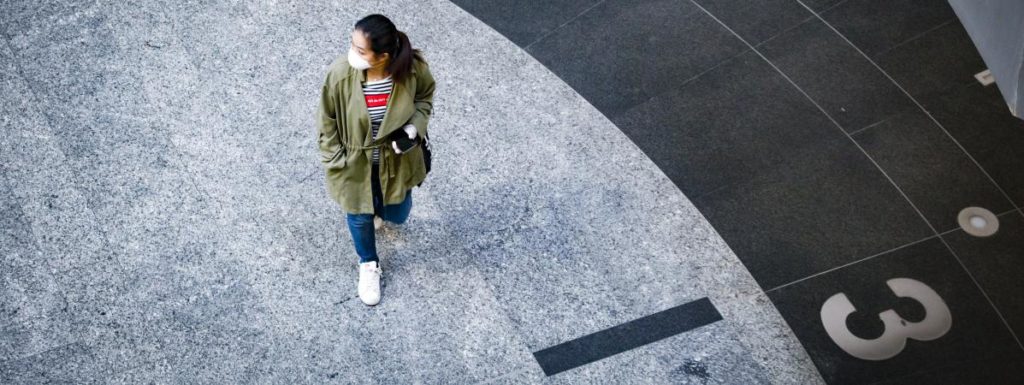Rethinking democracy during Covid-19 times
At Sparknews, we believe that they can also be great opportunities to adapt and rethink our relations with the world. As a team who wants to ignite new narratives that can accelerate the ecological and social transition, we can’t avoid asking ourselves what will be the shape of the global collective story emerging from the current worldwide sanitary emergency. In this week #SparkMinute, let’s focus on democracy with local examples of solidarity, of businesses rethinking their models, and of articles and opinions that can nourish our imagination.

Government of the people by the people for the people

When organizations walk the extra mile
Washington State’s local government built up the trust between elected officials and the state’s residents, mainly by letting public health experts lead briefings and policies. Fighting fake news is also essential, so the World Health Organization is working with big tech companies to make falsehoods harder to find both during online queries and on news streams.
Can we still vote while social distancing? Elections are one of the most critical moments of representative democracy, and “vote at home” practices could provide a solution during lockdown. The American states of Oregon, Washington, Colorado and Utah have all implemented statewide all-mail election campaigns. Read more on the Washington Monthly.
Lawmakers have been working to ensure they can continue to pass emergency legislation for their communities. Last March in Arkansas, elected officials convened inside of a basketball arena, while legislators in Ohio voted from separate rooms. New York senators passed a resolution allowing them to vote by “remote means, including but not limited to teleconference or videoconference.” You can find more examples on how legislating gets done in times of coronavirus on Route Fifty.
Civic technology has proven a powerful ally in keeping the pandemic at bay in Taiwan. In this Foreign Affairs article, you can learn how the country used a mix of technology, activism and citizen participation to tackle the health crisis. From Digital Minister Tang live-streaming all her meetings to broad online engagement and community-driven tools development, the Taiwanese government was able to uphold public trust and a two-way flow of information in the midst of the outbreak.

Local initiatives against global disorder
When Fridays for Future moved its weekly climate strikes to the World Wide Web, they send millions of pictures and political demands across social media platforms using the hashtag #ClimateStrikeOnline. But they also launched the online show Talks for Future, where activists can engage in discussions with academic experts. Activist Naomi Klein was among the first speakers to appear on it on March 27, along with Diarmid Campbell-Lendrum, climate change and health leader for the World Health Organization (WHO).

Let’s imagine further
In this chilling interview, CNN journalist and director of the investigative website Rappler.com Maria Ressaillustrates the links between democracy and independent journalism. Since President Rodrigo Duterte’s election in the Philippines in 2016, massive divisive misinformation campaigns have been orchestrated on social media by the country’s government . How can democracy survive in such a context? Maria Ressa insists: gatekeeping lies out the public space is an absolute necessity. You can listen here.
Arundhati Roy is the author of novels such as The God of Small Things, as well as a collection of essays written by her during the last 20 years, My Seditious Heart. In this discussion, organised by the nonprofit publisher Haymarket Books, the Indian activist explains how we can think of the pandemic as a portal. While the virus exposes injustices, inequalities and flaws in democracies, she says we can choose to walk through it all with little luggage, ready to imagine a different world — and to fight for it. You can watch the discussion here.
At Sparknews, are convinced that the coronavirus global outbreak will lead us to draw valuable lessons about our globalized economic system. Whether on matters like education, solidarity, biodiversity or our way of work, it will be up to us to return to the status quo once the health crisis is over, or to reshape everything. Discover our #SparkMinute on education, energy, work, our diet, and biodiversity.




